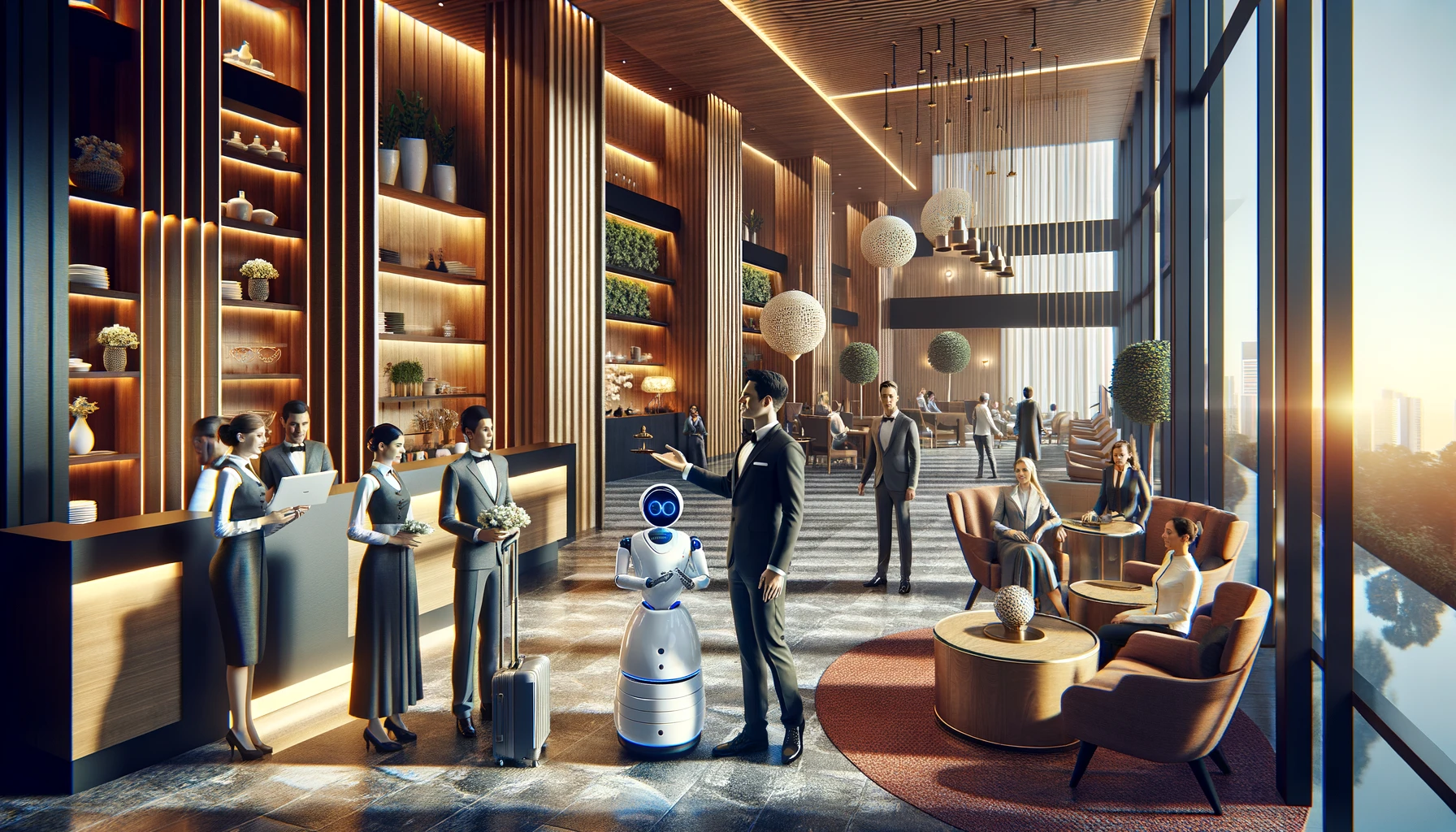As the hotel industry approaches 2024, it is at a critical juncture where technology and personal service must come together to redefine the guest experience. In an era marked by digital transformation, hotels are not only embracing innovative technologies but also enhancing the traditional, personalized service that guests value. This fusion of the old and new is opening up unprecedented possibilities for improving guest satisfaction and operational efficiency.
The question arises, why is this combination so important today, and how can hotels strike a balance between high-tech and high-touch to remain competitive? Stephanie Leger, the Chief Excellence Officer at First Rate Hospitality, sheds light on the significance of integrating technology with a personalized guest experience as a necessity for staying relevant in the rapidly changing hotel industry landscape.
According to Leger, there are five key takeaways from her analysis that highlight the importance of this blend:
1. Market Trends: The increasing trend of both business and leisure travel in 2024 has pushed hotels to innovate and cater to the diverse needs of modern travelers. This requires hotels to not only provide cutting-edge amenities but also offer personalized services that meet individual preferences.
2. Experiential Initiatives: There is a growing focus on creating memorable experiences that blend the efficiency of technology with the warmth of personalized service. Hotels are leveraging innovative technologies such as virtual reality, chatbots, and augmented reality to enhance guest experiences while still maintaining a human touch.
3. Guest Expectations: Today’s guests anticipate a seamless experience that combines digital convenience with customized interactions. They expect hotels to provide easy access to information through mobile apps or smart devices while still offering personalized recommendations based on their preferences and past behavior.
4. Operational Efficiency: Hotels are leveraging technologies like AI and IoT to streamline their operations behind the scenes, allowing staff to dedicate more time to guest engagement. This enables hotels to offer more personalized services while reducing costs associated with manual labor and paperwork.
5. Future Opportunities: The integration of technology in hotels brings opportunities for personalized marketing, improved guest services, and more sustainable operations. By using data analytics tools and machine learning algorithms, hotels can better understand their guests’ needs and tailor their offerings accordingly, leading to increased loyalty and repeat business.
In conclusion, Leger emphasizes that embracing this blend of technology and personal service is essential for hotels to adapt to the evolving needs and expectations of guests in 2024. By striking a balance between high-tech
